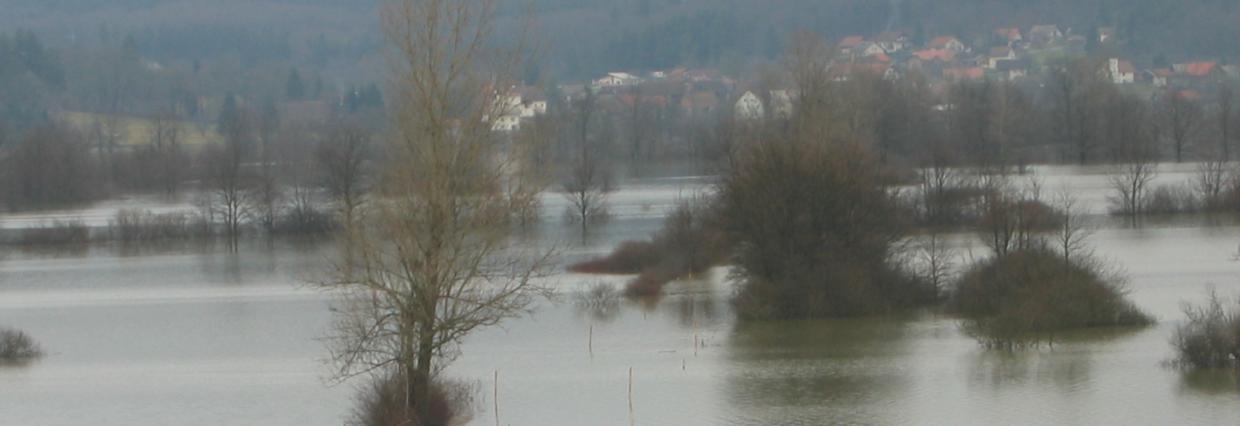
Flooding and flood water storage in karst systems of the Mediterranean region
The article Flooding and flood water storage in karst systems of the Mediterranean region, by lead author Dr. Julian Xanke and co-author Dr. Nataša Ravbar from the Karst Research Institute ZRC SAZU, was selected as one of the five so-called Editors' Choice articles in 2024 by the scientific journal Hydrogeology Journal. This title, which loosely translates to "the best chosen by the editors", is awarded by the journal to papers that stand out for their scientific excellence, innovation, social relevance and unique insights into hydrogeology.
As Nataša Ravbar said, in the article, she and her co-authors investigated the hydraulic response of karst aquifers to heavy rainfall and the occurrence of associated floods. In the rest of the article, the authors present various options for engineering interventions for flood control, also citing examples from karst areas of the Mediterranean. Examples include the Slovenian Karst, which is one of the best preserved natural areas, which are mostly without the use of technical flood control measures.
“Floods are a recurring natural phenomenon that can have both a vital and destructive aspect,” begins the summary published on the journal’s website. It goes on to explain how floods are in some places “an important element of the seasonal hydrological cycle,” providing water for flora and fauna, but unfortunately they can also be “a destructive force that threatens life and causes great damage.” The article then presents various hydraulic responses of karst aquifers to heavy rainfall in several examples from karst areas in the Mediterranean, lists the occurrence of floods, and provides descriptions of engineering interventions for better control over them.
Although karst areas did not suffer major damage during the severe floods in Slovenia in 2023, according to Nataša Ravbar, they could have. “Floods in the karst can be devastating or cause economic damage, which has already happened in the past. "Settlements in our country are generally removed from areas that often flood, the problem is in extreme events, such as those in 2014. It also happens that human activities spread to flood areas," explains the co-author and concludes that "the article can thus benefit decision-makers and people who live in these areas or plan activities in the karst fields," as they need to be aware of the risk of flooding.